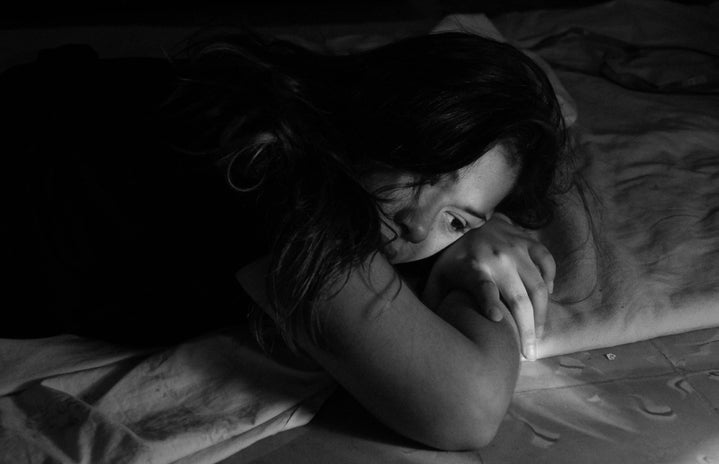“You’re looking for a miracle. The kind that science can’t explain” This lyric from “Sing for Life”. The song was made during the COVID-19 outbreak and sung by Bono, will.i.am, Jennifer Hudson, and Yoshiki. As we all know, COVID-19, also known as coronavirus, started in 2019. It spread globally and caused a full-blown pandemic. As the virus got more serious and uncontrollable, it has affected many people and many have contracted coronavirus. Even worse, it has taken away the lives of numerous patients and left much sadness and affliction to their relatives and friends.
When people are experiencing bereavement and mourning under the pandemic, we may hope to be closer to words of bereavement and mourning and definitions correctly. What is the statement of bereavement? What does mourning mean in cultural psychology? Simply, bereavement means that the living people lose important people in their life while mourning means the longing and sadness that the living people feel for the loss of important people in their life. However, Sigmund Freud had a new interpretation of mourning in his psychoanalytic theory. He saw mourning as a normal emotion for the loss of a loved one, not an illness. By way of the object relations Mourning and Melancholia by Sigmund Freud, we could learn that although the loved one has left, the image of the person would still remain in the heart of mourners in the process of mourning. Even if the image gradually fades away after many years, it wouldn’t fully disappear to mourners.
Based on the research on cultural psychology, mourning is a morally necessary behavior. The process of mourning is indispensable for the mental health healing of the bereaved. Taking the words from Dr. Wen-Li Soong, Emeritus Professor of National Tsing Hua University in his webinar that “any obstruction to this (mourning) is not helpful or even harmful (to bereaved).” Mourning is the key to healing depression, and it enables people to share the stories of the deceased with others and sort out the personal stuff of the deceased with nostalgia and emotion. Many movies express people’s mourning after a loss, such as listening to the deceased’s favorite songs with friends and then hugging each other in the process. Ultimately, the bereaved would seek the meaning of suffering and loss through mourning and come to know how the loss of the deceased has affected their lives through mourning.
In addition to cultural psychology, there is an intimate connection between mourning and religion. We can also see many different rituals for mourning in terms of religion. Ch’oe Kil-song, an emeritus professor of cultural anthropology at Hiroshima University mentions that the crying of Koreans is Confucian, and the crying of the Japanese is Buddhist in his book, The Cultural Anthropology of Crying: A Second Opinion on Korean Culture.
Lastly, the way mourning heals the mental health of the bereaved is by allowing us to grieve and be in tears, and allowing us to release our emotions in the process of mourning. We will gradually accept the fact that the deceased has passed away, and redefine the feeling of leave and pain. I refer to the COVID-19 pandemic because I wish to send my love and extra courage to all people who have lost their lovers, relatives, and friends under this pandemic. We have lost too many things in the past two years. We have had a lot of negative emotions which have affected our mental health deeply. There are no words to fully tell how depressed I have been feeling under this pandemic but I believe the deceased’s legacies will live on through all the great work they did.


